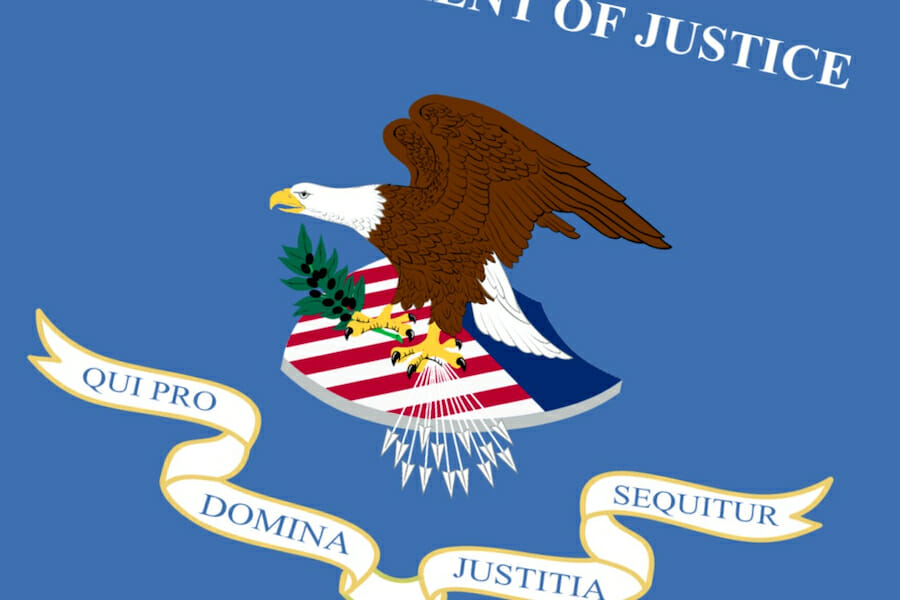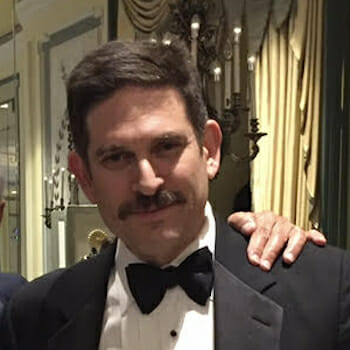
U.S. Should Not Act like a Colonial Power in N.Y. Boustani Case
Unlike several European nations, the U.S. has limited experience owning colonies and that, in fact, is a source of pride for the American people. Precisely for this reason, our country should not start acting like a colonial power over other sovereign nations.
There is a danger of this happening in the case of the U.S. Department of Justice’s behavior toward Mozambique. American prosecutors have, in effect, hijacked a Mozambican inquiry and told officials in the east African nation to buzz off.
The matter has little or nothing to do with the United States. Mozambique’s justice authorities are looking into a former finance minister’s role in borrowing funds from European banks to buy ships from a Middle East-based shipbuilder for the country’s fishing industry and security services. In the course of their investigation, Mozambique officials reached out to the U.S. for legal assistance. They essentially asked the Americans if they had information about several individuals – all non-U.S. citizens – related to the inquiry.
Instead, U.S. prosecutors hijacked the case and ran with it in a purely unilateral manner not dissimilar to the ways European powers plundered Africa’s resources for centuries without bothering to ask for permission.
According to a filing that the Mozambican Minister of Justice and Correctional Services office made in a South African court on August 23: “The U.S. did not play an open hand with Mozambique.”
The document continues: “(Mozambique’s) Attorney General’s Office has never received from the U.S. any of the information we requested through interrogatory letters we have submitted to the U.S., although our requests are made under the UN conventions to which both the U.S. and Mozambique are parties.”
Manuel Chang, the former Mozambique finance minister, is currently in South Africa. Both Mozambique and the U.S. are seeking his extradition. In a shocking letter to Mozambique’s foreign ministry (quoted in the Aug. 23 filing), the U.S. Ambassador to Maputo asked Mozambique to withdraw its request to return Chang to Mozambique so America’s request would win out. Ironically, the U.S. government said it did so in the name of “cooperation.” Meanwhile, South Africans are caught in the middle.
Mozambique wasn’t happy with this turn of events, according to the filing. “It was a shock when the U.S. requested Chang’s arrest when they learned that he was being investigated in Mozambique,” the filing states. “The U.S. has never informed Mozambique of the accusation of Chang and the others.”
Meanwhile, America’s stated reason for seeking to extradite Chang is that prosecutors in New York are ready to go to trial on the matter in a case that includes not a single American. U.S. jurisdiction, to the extent it exists at all, is hinged largely on the nanoseconds that it took for fund transfers to go through U.S.-based correspondent banks.
While that is a tenuous hook, the U.S. Attorney for the Eastern District of New York (which covers Wall Street) has used it as the basis to indict a Lebanese ship salesman named Jean Boustani and three London-based former Credit Suisse employees. Now, they also want Mozambique citizen Chang present in Brooklyn’s federal court.
The U.S. ought not to talk down to its counterparts in the justice departments of other nations, especially when the issues of substance belong to those other nations. Doing so smacks of neocolonialism. All of this notably comes as the U.S. is competing with China over image and soft power influence in Africa. We should have higher expectations of the U.S. The principles of sovereignty and the very foundations of the rule of law demand that Manuel Chang be returned to Mozambique. What’s more, the U.S. should stay true to its proud heritage and refrain from interfering in other countries’ affairs.

